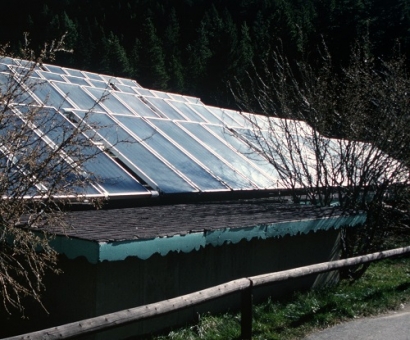
In Washington State, Initiative 1631, which called for a series of investments in clean air, water and land use programs, to be paid for by a higher fee on carbon emissions, went down in flames, 56-44. The measure won in Seattle, a liberal section of the state, but was sunk by negative voting in suburban and rural areas.
Proposition 127 in Arizona, which would have required all of the utilities in the state to get 50 percent of their energy from renewable by 2050, also failed to pass. The margin was even more disheartening for clean energy fans with no’s gaining 70 percent of the vote.
The picture in Nevada was brighter, with Question 6 receiving wide support. The ballot measure called for a 50 percent renewable energy mandate for utilities in the state by 2030. Question 6 will have to pass again in 2020 in order to become law.
More attention was focused on Question 3 in the weeks leading up to Election Day. Question 3 would have deregulated Nevada’s retail energy markets. The measure, opposed by the Sierra Club and the Natural Resources Defense Council, among other pro-renewable groups, was defeated.
In Colorado, voters rejected Proposition 112 which would have blocked oil and gas drilling less than 2,500 feet from occupied buildings. The proposed fracking ban was meant to address health and safety concerns.
Florida’s peculiar Amendment 9, which coupled a ban on both offshore oil drilling and e-cigarettes in the workplace, won easily.
Voters in Portland, Oregon, approved a measure to place a 1 percent tax on the gross receipts of large retailers which will go into a Clean Energy Fund. The fund will help with projects designed to aid Portland in meeting its energy goals.

